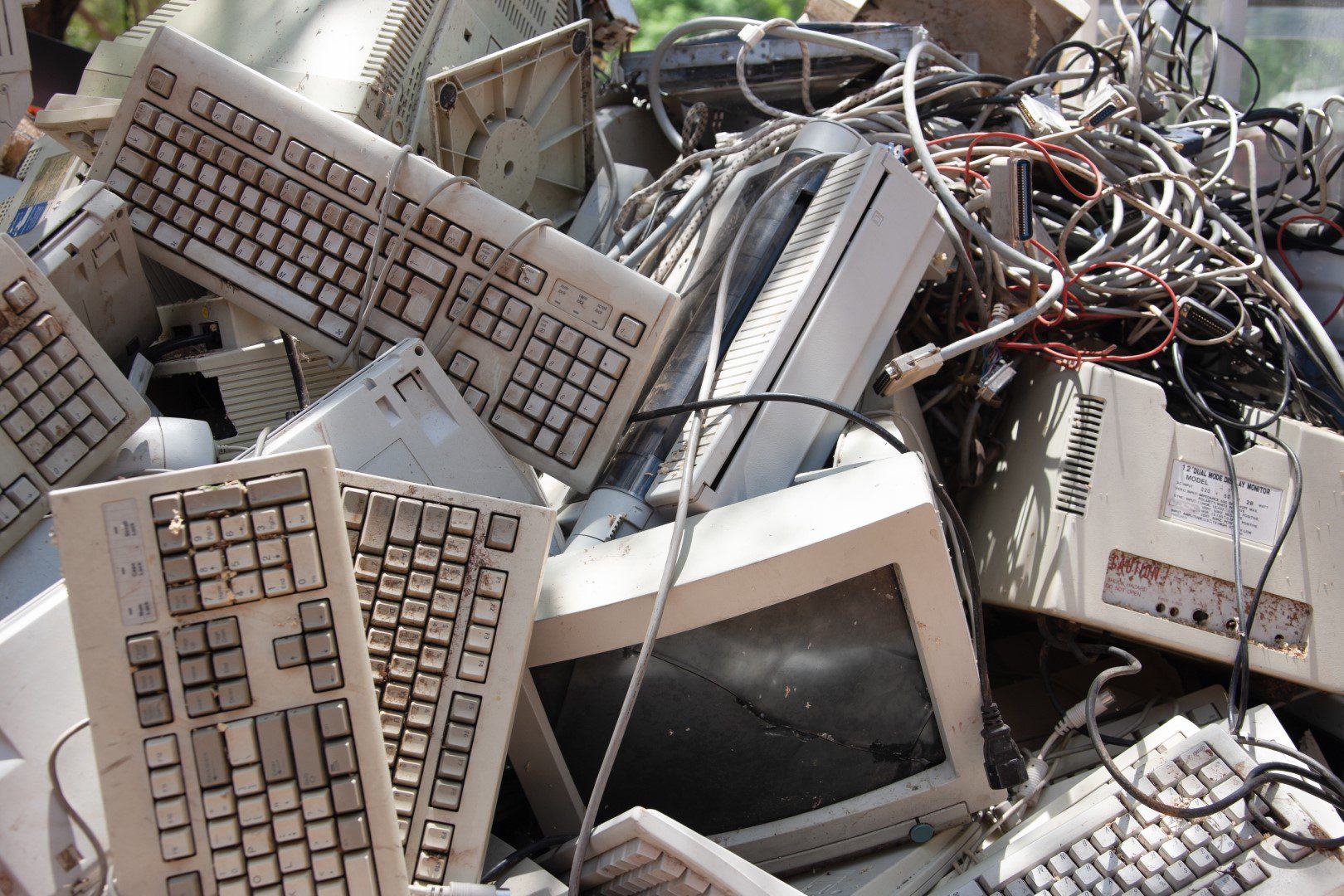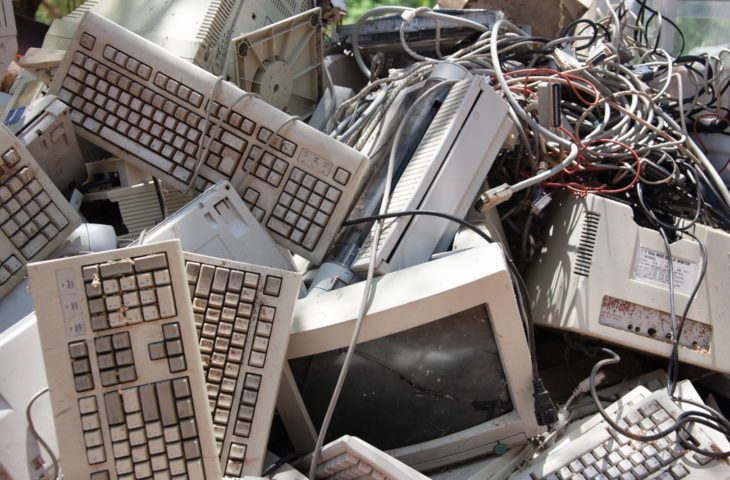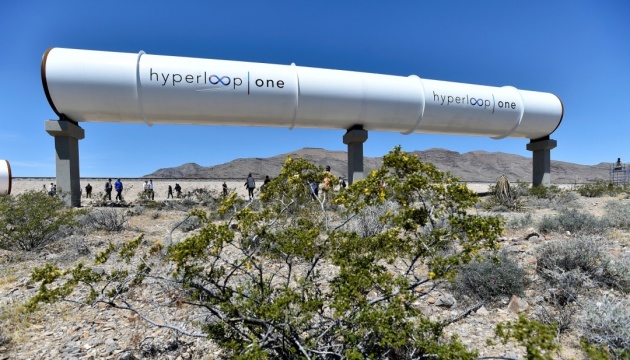In a report, Canalys looks at the environmental impact of Windows 10’s end of life. It threatens to send more than 200 million PCs into the eternal hunting grounds.
Microsoft will end support for Windows 10 starting October 14, 2025. That date seems very far away, but many companies will have to start thinking about life after Windows 10 starting next year. Canalys is also looking ahead to the impact it will have. The end of Windows 10 will have from an ecological point of view. Canalyst fears an impending mountain of garbage from discarded PCs.
The analyst firm estimates that the end of Windows 10 support will send 240 million PCs to the trash. If you stacked so many laptops on top of each other, you would create a mountain more than four thousand kilometers high. This number doesn’t even seem exaggerated: the American non-profit organization PIRG estimates that 400 million PCs will be thrown away and has already started a petition to prevent this.
Why is the discontinuation of Windows 10 now leading to a PC mass grave? This is the result of the strict system requirements that Microsoft has set for installing Windows 11. For example, your PC must have an approved CPU and support TPM 2.0. So far, Microsoft has not given the impression that it wants to relax these requirements, so many PCs that are still operational are at risk of exclusion from October 2025.
Extend lifespan at an affordable price
October 14, 2025 does not have to be the final end date for your Windows 10 PC. For a fee, professional customers can subscribe to the Extend Security Update program to extend the life of their devices by three years. You will no longer receive new features, but Microsoft guarantees that you can continue to work with a secure and up-to-date version of Windows 10 during this period. For private customers it ends irrevocably in October 2025.
However, according to Canalys, this is not a solution. The analytics agency notes that the cost of these extended updates is high, meaning many companies will prefer to buy new devices. Even for those who sign up for the service, all that is ultimately left is a postponement of execution. Stubborn users sometimes dare to continue using the Windows version after the support period, but to be clear: this is not recommended, especially for a work PC.
Good news for manufacturers
From an environmental perspective, the discontinuation of Windows 10 may seem like bad news, but major PC makers will disagree. Of course, they hope that the forced switch to Windows 11 will boost sales again. New models with special AI hardware should ensure better sales next year.
Discarded PCs don’t have to end up in the scrapyard. Many parts can still be used as spare parts for repairs or can be recycled. For example, materials used to make electric motors can be extracted from a PC’s hard drive. The battery can also return lithium, cobalt, copper and nickel after use.














